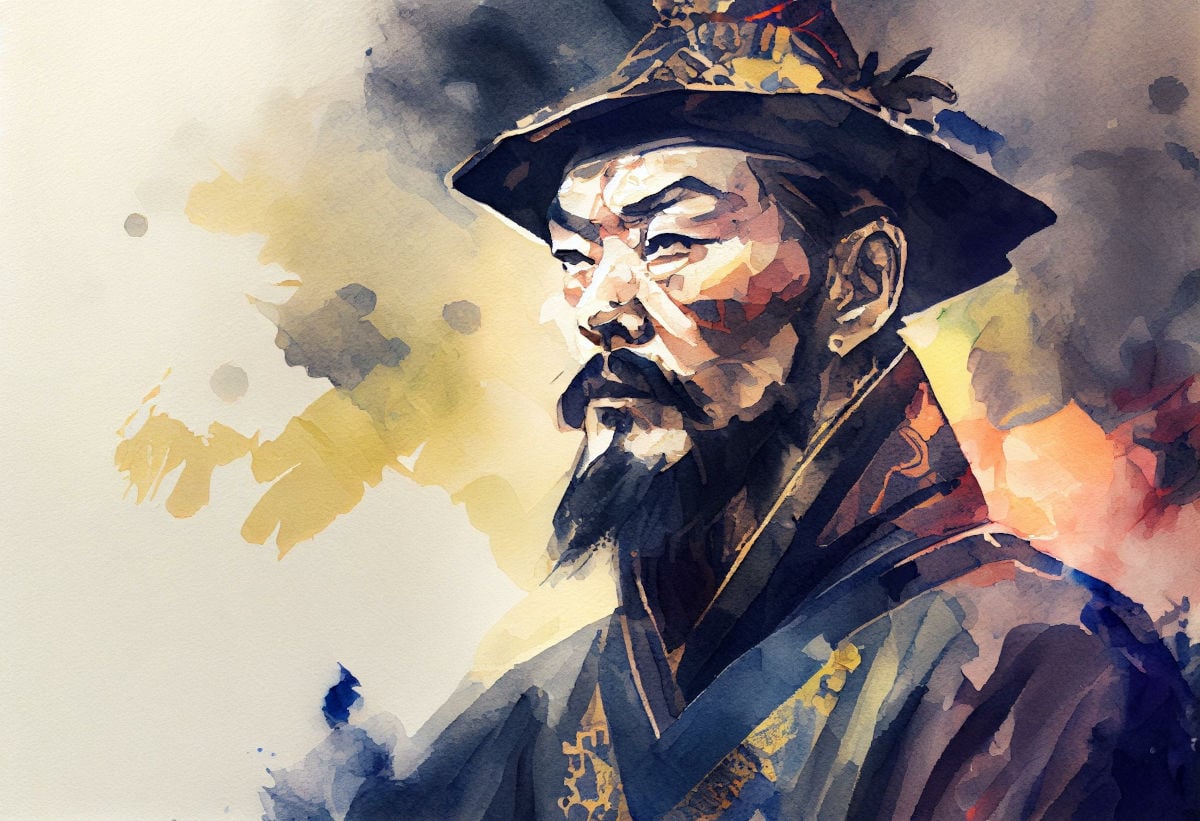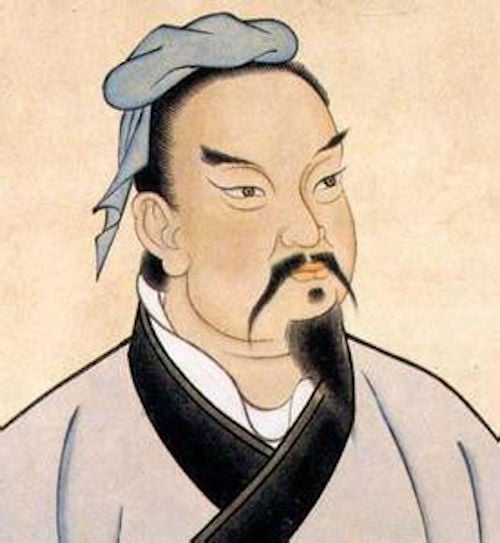
The Art of War in Sun Tzu’s Era: Military philosophy and its application
The great Ancient Chinese thinkers were truly ahead of their time. Observing the world through a truly complex lens, they managed to leave such a lofty legacy that their works are admired even today, millennia later. Sun Tzu is arguably the most renowned Chinese thinker, with his most famous work being the Art of War. Written in the late 6th century BC, it continues to inspire and teach readers to this very day. But there are still some questions that are left unanswered. For one, why was military philosophy so important to the Ancient Chinese? And how did they apply the Art of War into their pre-existing strategies?
- Management Practices Of The School Of Sun Tzu
- Art of War: Onna Bugeisha of Japan and the Ancient Female Warrior Culture
The Art of War in a War-Torn Land
Sun Tzu was one of the most renowned philosophers of his era. He lived during the Spring and Autumn period of Ancient China, which lasted roughly from 770 to 481 BC. This was an era marked by tumult and political fragmentation in the region, which, of course, was accompanied by near-constant warfare. During this time, the ruling Zhou Dynasty slowly dissipated, and began losing its central authority as regional lords quickly rose in power and independence. Immediately after came the period known as the Warring States, lasting from 475 to 221 BC. During this era numerous competing Chinese states, which were born from the rise of regional lords, now competed for domination and the ultimate rule over China. All of this made the era in which Sun Tzu wrote and lived instrumental for the shaping of his military philosophy.

An illustration of Sun Tzu dated to the Qing Dynasty. (Public Domain)
By the time Sun Tzu lived, the Zhou Dynasty King was merely a figurehead, and held no real power in China. Instead, the competing noble families grew increasingly independent, and began vying for power. These were warlords and petty kings of many states, such Wu, Jin, Qi, and Chu, who warred almost constantly. Their conflicts were also projected to be a political and ideological struggle for legitimacy and survival as well. However, their military clashes called for the development of new strategies and tactics, since the ones they already used were largely shared, and made military innovations challenging.
In time, the age-old traditional warfare, which was focused on war chariots driven by nobles, was replaced by massive armies, composed from archers, crossbowmen, cavalry, infantry, and others. This major shift in the way battles were fought gave rise to new thinkers and strategists, of which Sun Tzu was the most renowned one. His thinking gave rise to strategies that now accounted for the size and movement of these large armies, but for morale, diplomacy, and logistics as well.
The War Thinker
Sun Tzu was no ordinary warrior, and his military philosophy was far ahead of its time. He placed a strong emphasis on intelligence gathering and approached every battle from a conceptual point of view. Sun Tzu urged that it is of absolute importance to know your enemy’s strengths and weaknesses, their morale and plans. This, he argued, was essential for victory. What is more, he famously stated that “war is all about deception”, and that the use of spies to acquire intelligence was its crucial aspect. According to him, it was the well-informed general who had the utmost advantage in a battle. “Know your enemy and know yourself,” Sun Tzu wrote, “and you can fight a hundred battles without disaster.” Today, this quote remains a major inspiration in modern military and strategic thinking.
And even though military academies of our times draw great inspiration from the Art of War, its major principles were first applied, naturally, even while Sun Tzu was still alive. Besides being a noted philosopher, he also participated in some major battles of the time, and thus applied his principles in action. As mentioned, the late Spring and Autumn period in China was marked by incessant warfare, and it was the perfect foundation to apply the Art of War. This was the ideal time that he applied his military philosophies, and to hone his knowledge in this regard as well.
Sun Tzu reportedly served as a general for the armies of the state of Wu and influenced the outcome of many of their military campaigns. Wu was constantly at war with its much larger neighbor, the State of Chu. But even though being numerically inferior most of the time, Wu managed to defeat Chu in several key battles, thanks to the strategic input of Sun Tzu. The most famous such example was the Battle of Boju, fought in 506 BC, where the army of Wu utilized subterfuge, the terrain layout, and surprise tactics to utterly defeat Chu.
- Disputed ‘Barbarians’: Genghis Khan and Qin Shi Huang
- The Monk and the Poet: Meet the Rebels behind the Legendary “Journey to the West”
The Battle of Boju, where Sun Tzu’s Philosophy Shone
Fought in 506 BC during the height of the Spring and Autumn period, the Battle of Boju was a crucial clash between Wu and Chu. And it is here that the brilliance of Sun Tzu’s military philosophy was finally presented. It is also a classic example of how a small and inferior army can still overcome a large and strong opponent, through tactical prowess and deception. Sun Tzu himself famously said that “all warfare is based on deception”. And here, these words were perfectly exemplified.




